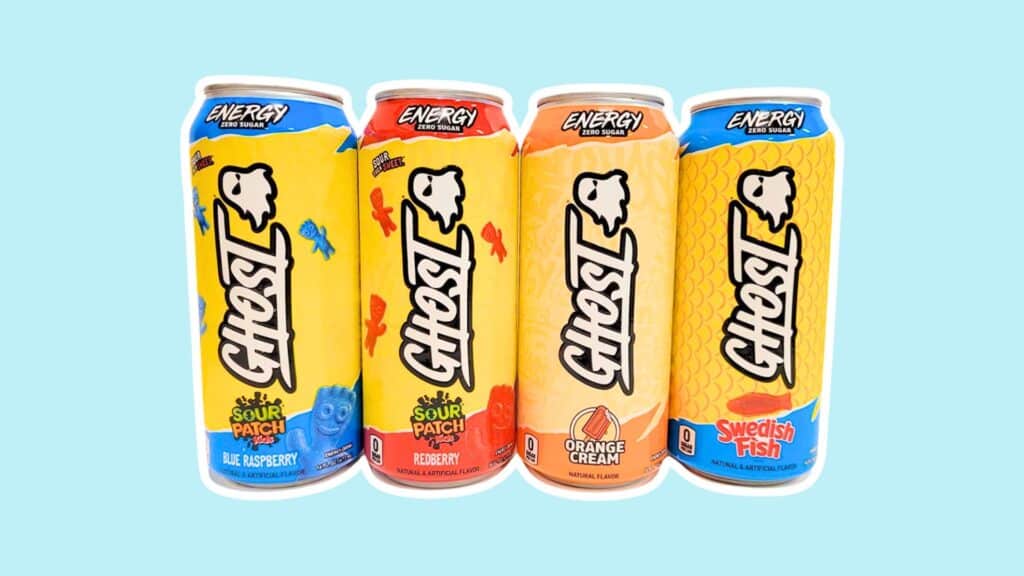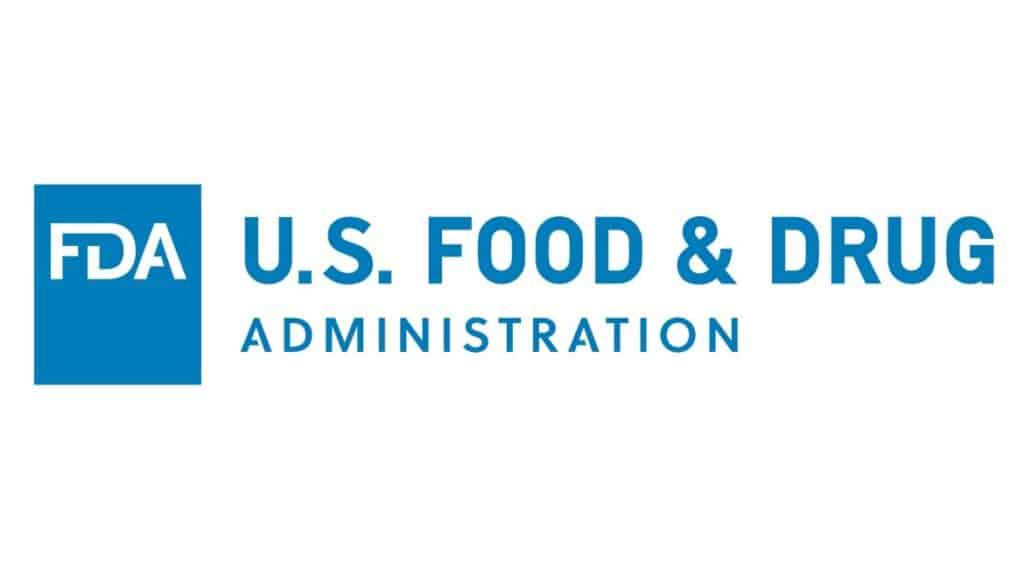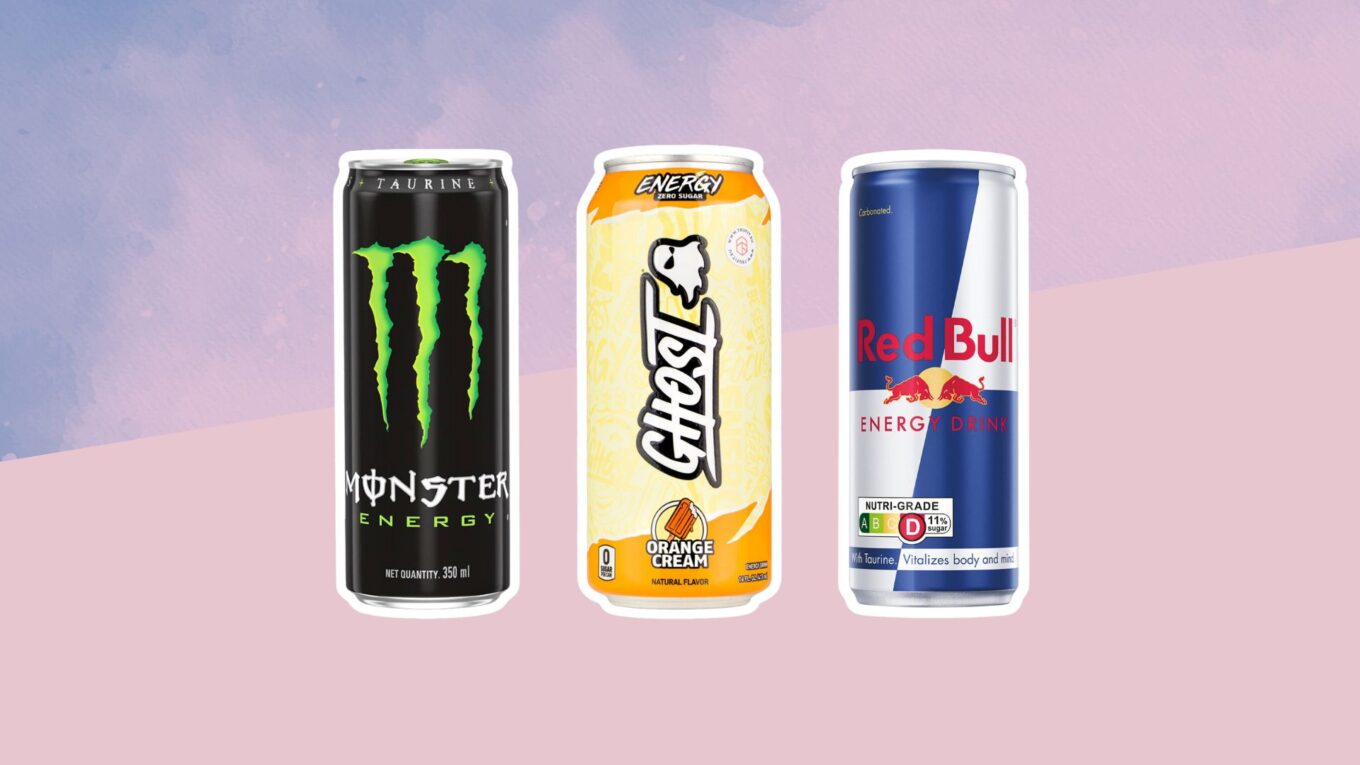In the ever-expanding world of energy drinks, it’s easy to feel overwhelmed by the countless options promising to fuel your day.
Ghost Energy, a relative newcomer, has been making waves and giving established brands a run for their money.
But how does it stack up against the leading energy drinks on the market?
This comprehensive comparative analysis will investigate the key factors that set Ghost Energy apart from its competitors.
We’ll explore whether Ghost Energy truly lives up to the hype, from its unique blend of ingredients to its effectiveness, taste, and overall value.
Get ready to discover if this rising star has what it takes to become your go-to energy drink.
Let’s embark on this exciting journey together!
Unique Selling Points of Ghost Energy

Ghost Energy has made a name for itself in the crowded energy drink market by focusing on innovation and distinctiveness.
The brand’s commitment to setting itself apart through unique product features has allowed it to capture the attention of a niche audience seeking something new and exciting.
From exclusive flavors to transparent labeling and strategic partnerships, Ghost Energy has proven its dedication to offering consumers an unparalleled experience.
Ghost Energy- Ingredient List
| Ingredient | Purpose/Effect |
|---|---|
| Carbonated Water | The base of the drink provides carbonation. |
| Natural Caffeine (from Coffee Beans) | A stimulant that enhances alertness and energy levels. |
| Taurine | Amino acid may improve athletic performance and energy levels. |
| Citric Acid | It adds acidity and flavor and acts as a preservative. |
| Acetyl-L-Carnitine HCl | Amino acid may benefit brain function and muscle movement. |
| Sodium Benzoate | A preservative that extends shelf life. |
| Potassium Sorbate | A preservative that inhibits molds and yeasts. |
| Sucralose | Artificial sweetener that provides sweetness without calories. |
| Acesulfame Potassium | Artificial sweeteners are used as a sugar substitute. |
| Alpha-GPC (Alpha-Glyceryl Phosphoryl Choline 50%) | It supports cognitive function and improves focus. |
| Neurofactor (Coffea Arabica) Fruit Extract | It contains compounds believed to support brain health. |
| Astragin (Astragalus membranaceous and Panax notoginseng) Root Extracts | It enhances nutrient absorption and supports vitality. |
| D-Calcium Pantothenate (Vitamin B5) | Supports energy metabolism and nervous system health. |
| Niacinamide (Vitamin B3) | It helps convert food into energy and maintains skin health. |
| Pyridoxine HCl (Vitamin B6) | It is important for normal brain development and function. |
| Thiamine HCl (Vitamin B1) | It helps prevent complications in the nervous system, muscles, heart, stomach, and intestines. |
| Folic Acid | Essential for the production of DNA and other genetic material. |
| Biotin | Supports skin, hair, and nervous system health. |
| Cyanocobalamin (Vitamin B12) | Plays a key role in the function of the brain and nerves and blood cell formation. |
In today’s health-conscious market, transparency is key.
Ghost Energy has recognized this and made it a priority to list all ingredients on its packaging. This lets consumers know exactly what they put into their bodies, fostering trust and loyalty.
Additionally, Ghost Energy has taken ingredient innovation further by including nootropics in its formula.
These cognitive-enhancing compounds are designed to provide mental clarity and focus, offering consumers more than just a physical energy boost.
Comparison with Other Leading Brands
| Feature | Ghost Energy | Monster Energy | Red Bull | Rockstar | Bang | Celsius |
|---|---|---|---|---|---|---|
| Caffeine Content | 200 mg per can | 160 mg per can | 80 mg per 8.4 oz can | 160 mg per can | 300 mg per can | 200 mg per can |
| Flavor Profiles | Unique candy-inspired flavors like Warheads Sour Watermelon, Swedish Fish | Traditional and tropical flavors like Mango Loco, Zero Ultra | Standard flavors like original and variations like Tropical | Variety including traditional and unique flavors such as Punched | Unique and inventive flavors like Cotton Candy and Rainbow Unicorn | Health-oriented flavors, including fruit and tea infusions |
| Ingredient Transparency | Fully transparent ingredient list, no proprietary blends, and nootropics. | Lists ingredients but may include proprietary blends, with less emphasis on nootropics. | Ingredient list available, but less detailed about the function of each component | Similar to Monster, ingredients listed with some proprietary blends | Transparent ingredient list focuses on performance-enhancing compounds | High transparency with a focus on health benefits and functional ingredients |
Strategic Partnerships for Distribution
To further strengthen its position in the market, Ghost Energy has formed a strategic partnership with Anheuser-Busch.
This collaboration has significantly improved the brand’s distribution and availability, making it more accessible to consumers nationwide.
Ghost Energy has enhanced its brand reach and consumer convenience by being stocked in major retailers and convenience stores.
The partnership with Anheuser-Busch has been a game-changer for Ghost Energy. It allows it to compete with established brands on a larger scale while maintaining its unique identity and appeal.
Potential Health Risks of Ghost Energy Drinks

1. Caffeine Sensitivity
It’s important to recognize that individual tolerance to caffeine can vary significantly.
Some people may be able to consume large amounts of caffeine without experiencing any negative effects, while others may be highly sensitive to even small doses.
Symptoms of caffeine sensitivity can include anxiety, jitteriness, rapid heartbeat, insomnia, and digestive issues.
Those sensitive to caffeine should be particularly cautious when consuming Ghost Energy Drinks or other caffeinated beverages.
2. Ingredient-Specific Risks
In addition to caffeine, Ghost Energy Drinks contain several other ingredients that have been the subject of controversy and health concerns.
Taurine, an amino acid commonly found in energy drinks, has been linked to potential cardiovascular issues when consumed in high doses.
The high levels of B vitamins in energy drinks have also raised concerns about toxicity, particularly in people with pre-existing health conditions.
Additionally, the artificial sweeteners used in many energy drinks, including Ghost Energy, have been associated with a range of potential health risks, such as metabolic disorders and gut microbiome disruption.
3. Risks of Overconsumption
Consuming energy drinks in excess can lead to a variety of health problems.
The high caffeine content in these beverages can lead to addiction, as well as an increased risk of cardiovascular issues such as high blood pressure and irregular heartbeat.
The sugar content in many energy drinks can also contribute to obesity, diabetes, and dental problems. Overconsumption of energy drinks has been linked to emergency room visits, particularly among young people, and in some rare cases, even death.
4. Vulnerable Populations
Certain groups should limit or avoid the consumption of energy drinks altogether.
Minors, for example, are particularly vulnerable to the negative effects of caffeine and should not consume these beverages.
Pregnant women should also avoid energy drinks, as high caffeine intake has been linked to an increased risk of miscarriage and low birth weight.
People with certain health conditions, such as heart disease, high blood pressure, and anxiety disorders, should consult with their healthcare provider before consuming energy drinks, as the caffeine and other ingredients may exacerbate these conditions.
Ghost Energy Drink- Nutritional Value
| Nutrient | Amount Per Serving (per can) |
|---|---|
| Calories | 0 kcal |
| Total Fat | 0 g |
| Sodium | 35 mg |
| Total Carbohydrates | 0 g |
| Sugars | 0 g (includes 0g added sugars) |
| Protein | 0 g |
| Caffeine | 200 mg |
| Vitamin B3 (Niacin) | 4 mg |
| Vitamin B5 (Pantothenic Acid) | 1.3 mg |
| Vitamin B6 | 0.4 mg |
| Vitamin B12 | 0.6 mcg |
How Much Caffeine is Too Much?

The U.S. Food and Drug Administration (FDA) has established guidelines for safe caffeine consumption.
The FDA recommends that most healthy adults consume no more than 400 milligrams (mg) of caffeine daily, roughly equivalent to four or five cups of coffee.
However, it’s important to note that individual tolerance to caffeine varies, and some people may experience negative effects at lower doses.
Regarding specific demographics, the FDA advises that pregnant women limit their caffeine intake to 200 mg daily, about two cups of coffee.
Consuming high amounts of caffeine during pregnancy has been linked to an increased risk of miscarriage and low birth weight.
People with certain medical conditions, such as heart disease, high blood pressure, or anxiety disorders, should also be cautious about their caffeine consumption.
Caffeine can exacerbate these conditions and interact with certain medications, so it’s essential to consult with a healthcare provider to determine a safe level of intake.
The Controversy Surrounding Energy Drinks

The energy drink industry has faced significant controversy and regulatory scrutiny recently.
Many energy drink brands have been criticized for making unsubstantiated health claims, particularly regarding their ability to enhance physical and cognitive performance.
There have also been concerns about marketing these beverages to young consumers, with some brands using tactics such as social media influencers and sponsorship of extreme sports events to appeal to this demographic.
In response to these controversies, some countries have implemented regulations on the labeling and selling of energy drinks.
However, the regulatory landscape remains inconsistent, with different countries taking different approaches.
Ghost Energy has positioned itself as a transparent and innovative brand, focusing on clear labeling and unique ingredients.
However, it is still subject to the same broader concerns and criticisms facing the energy drink industry as a whole.
As the controversy surrounding energy drinks continues to evolve, brands like Ghost Energy must prioritize transparency, responsible marketing, and consumer education to build trust and credibility in the market.
Conclusion
The battle between Ghost Energy and other leading energy drink brands is fierce.
Our comprehensive comparative analysis unveiled the unique selling points that set Ghost Energy apart, from its exclusive flavor collaborations to its transparent labeling and strategic partnerships.
However, knowing the potential health risks associated with consuming any energy drink, including Ghost Energy, is crucial. As with all things, moderation is key.
Whether you’re a die-hard Ghost Energy fan or exploring other options, always prioritize your well-being and make informed choices that align with your needs and goals.
The energy drink landscape continues to evolve, and it will be exciting to see how Ghost Energy innovates and adapts to stay ahead of the game.
What’s your take on this rising star in the energy drink world?
Frequently Asked Questions
What is Better, Ghost or Celsius?
Ghost vs Celsius: Both have unique selling points. Popularity varies by individual preference.
Why is Ghost Energy so Popular?
Ghost’s popularity: Unique flavors, transparent labeling, and strategic partnerships contribute to its popularity among a niche audience.
What is the Top Leading Energy Drink?
Red Bull and Monster are consistently among the top-selling energy drink brands worldwide.




